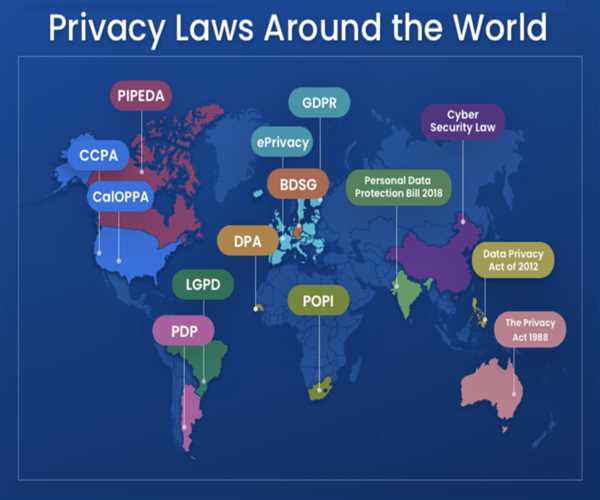Recent changes in global data privacy laws reflect an evolving landscape driven by increased awareness of digital privacy concerns. One of the most significant developments is the General Data Protection Regulation (GDPR), implemented by the European Union in 2018. GDPR enhances individuals' control over their personal data, introducing stringent rules on data processing, consent mechanisms, and the right to be forgotten.
Beyond Europe, several countries are enacting or revising data privacy laws to align with more robust standards. For instance, California's Consumer Privacy Act (CCPA) came into effect in 2020, granting California residents enhanced rights over their personal information.

Other regions, like Asia, are also witnessing shifts in data privacy regulations. India, for example, is in the process of finalizing its Personal Data Protection Bill, aiming to establish a comprehensive framework for the responsible use of personal data.
These global changes highlight a collective effort to strengthen data protection, giving individuals greater control and transparency over how their information is collected and used. As technology continues to advance, policymakers worldwide are adapting to ensure that data privacy laws remain relevant, robust, and capable of safeguarding individuals' digital rights.